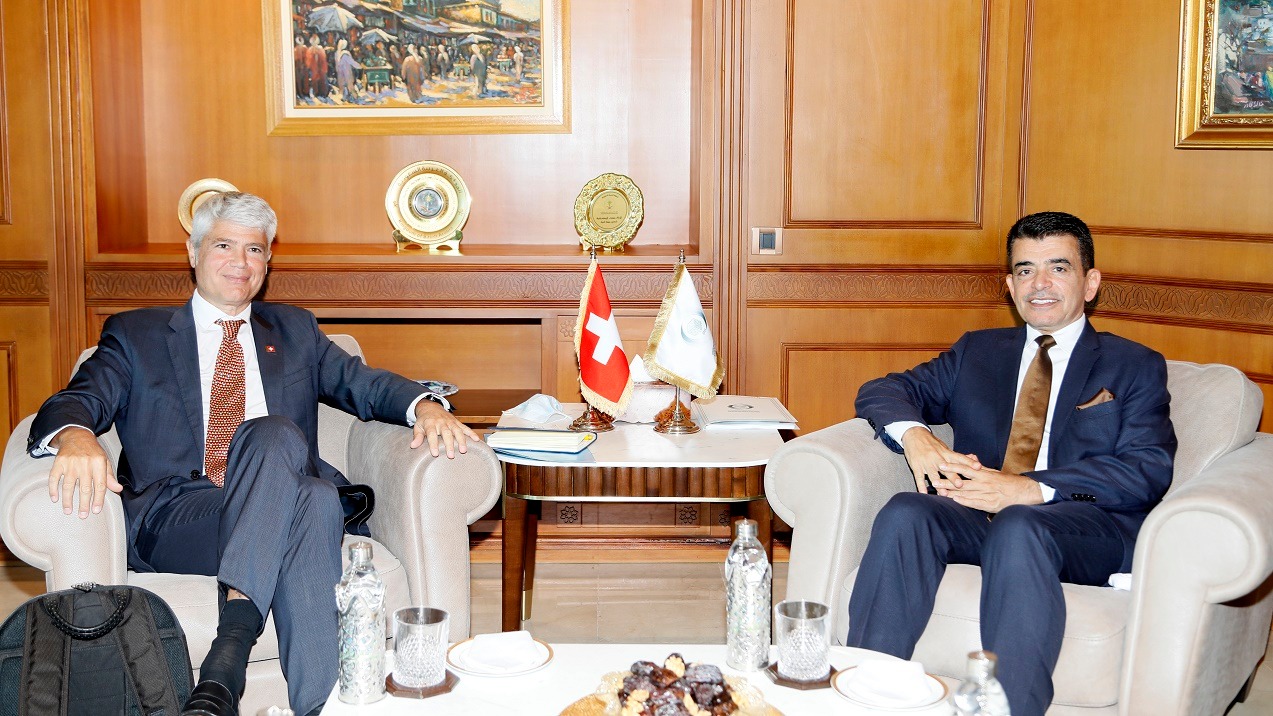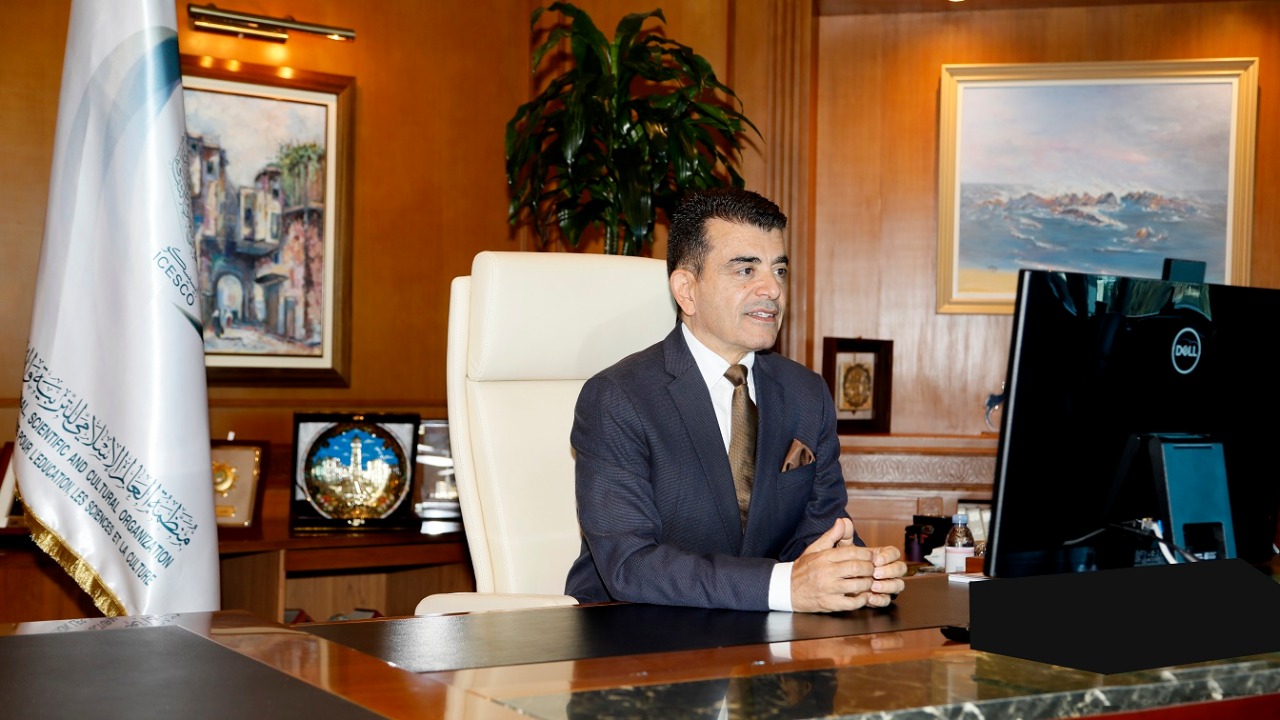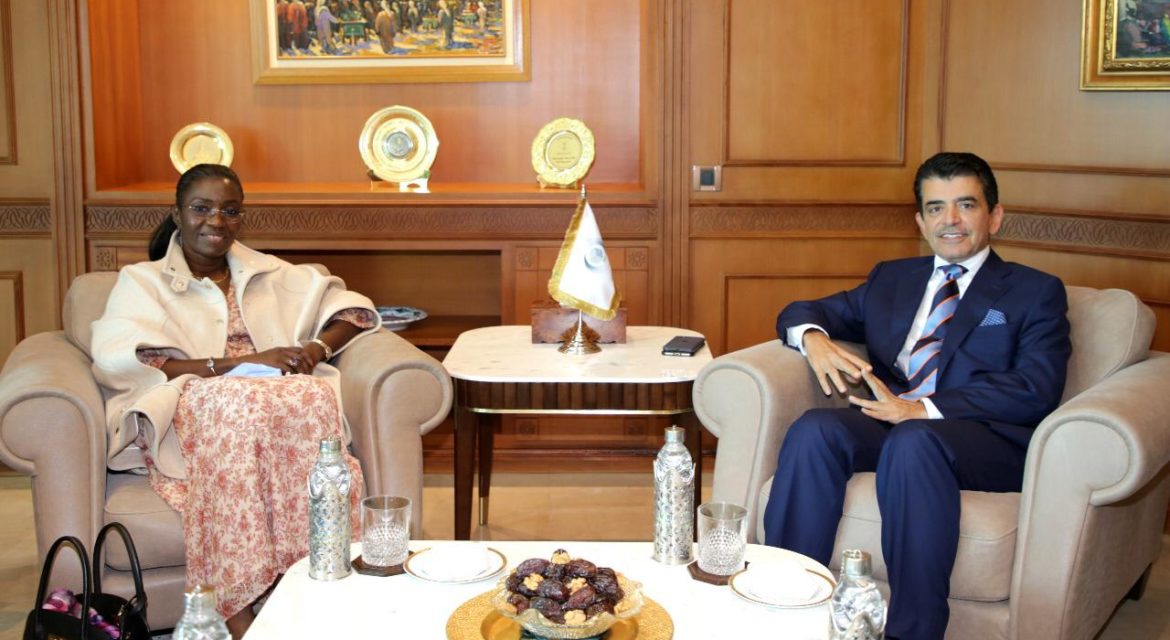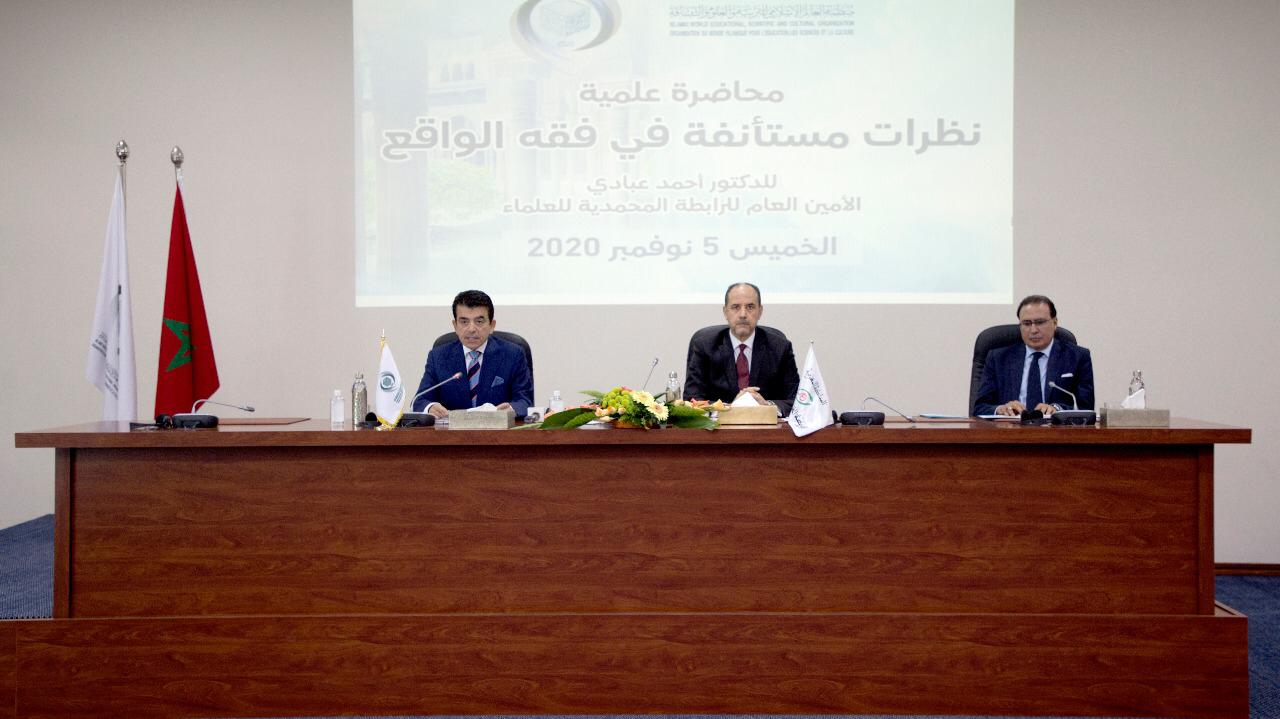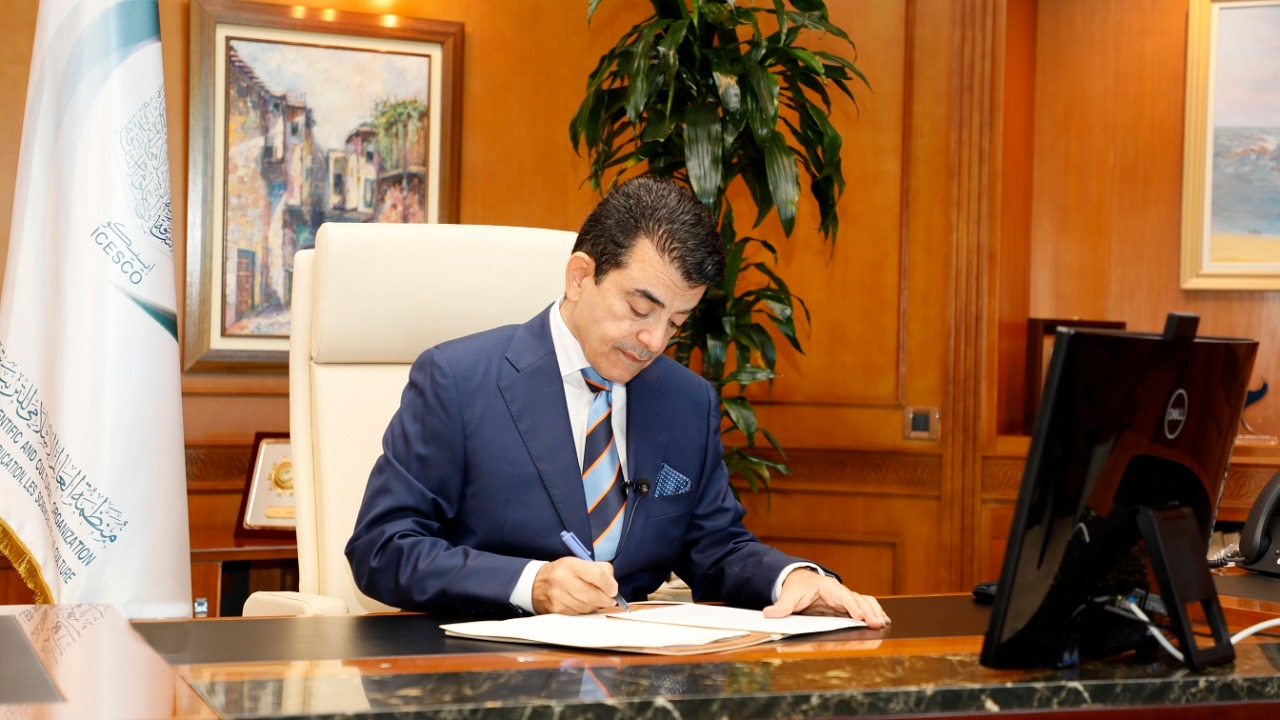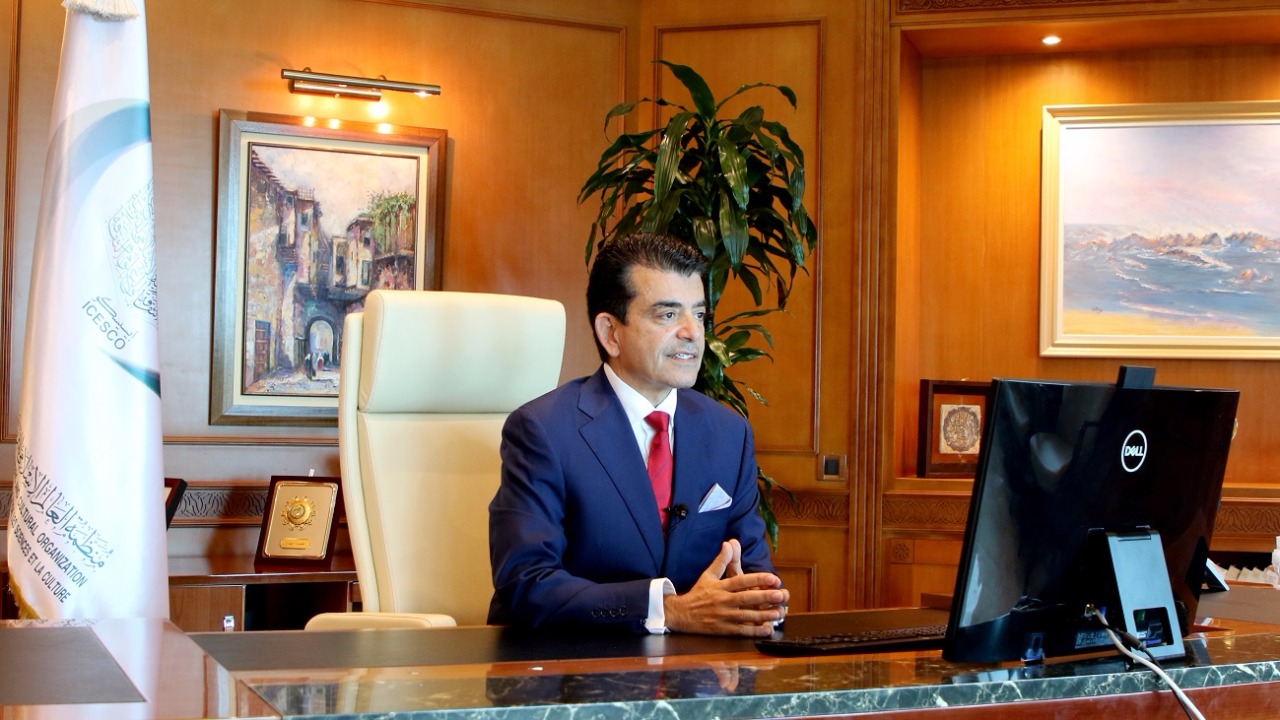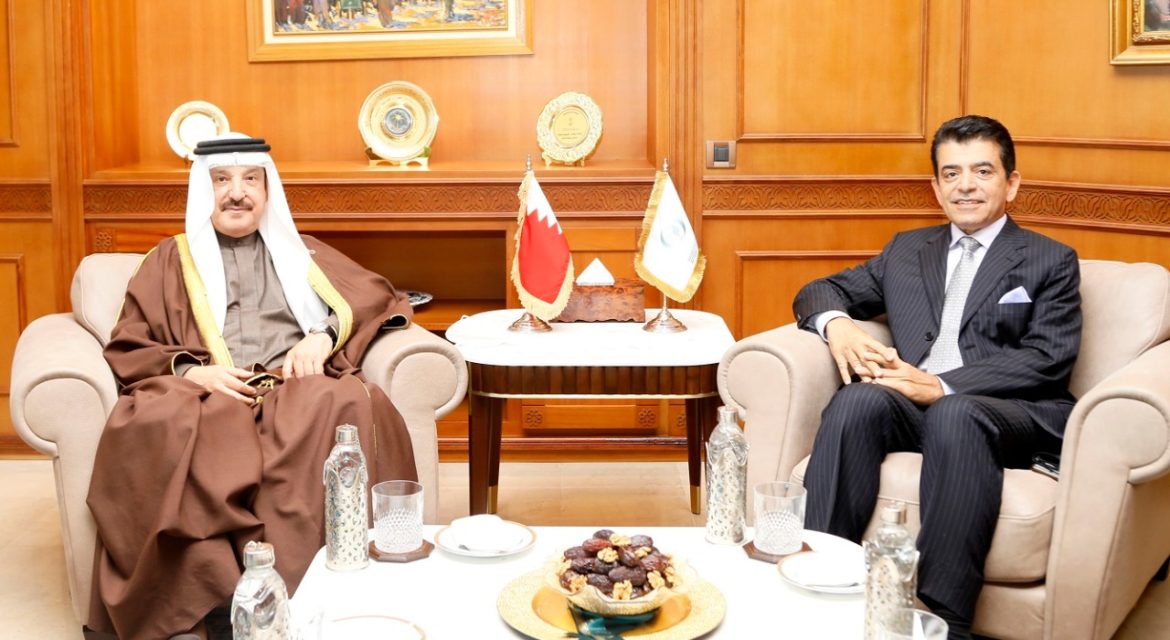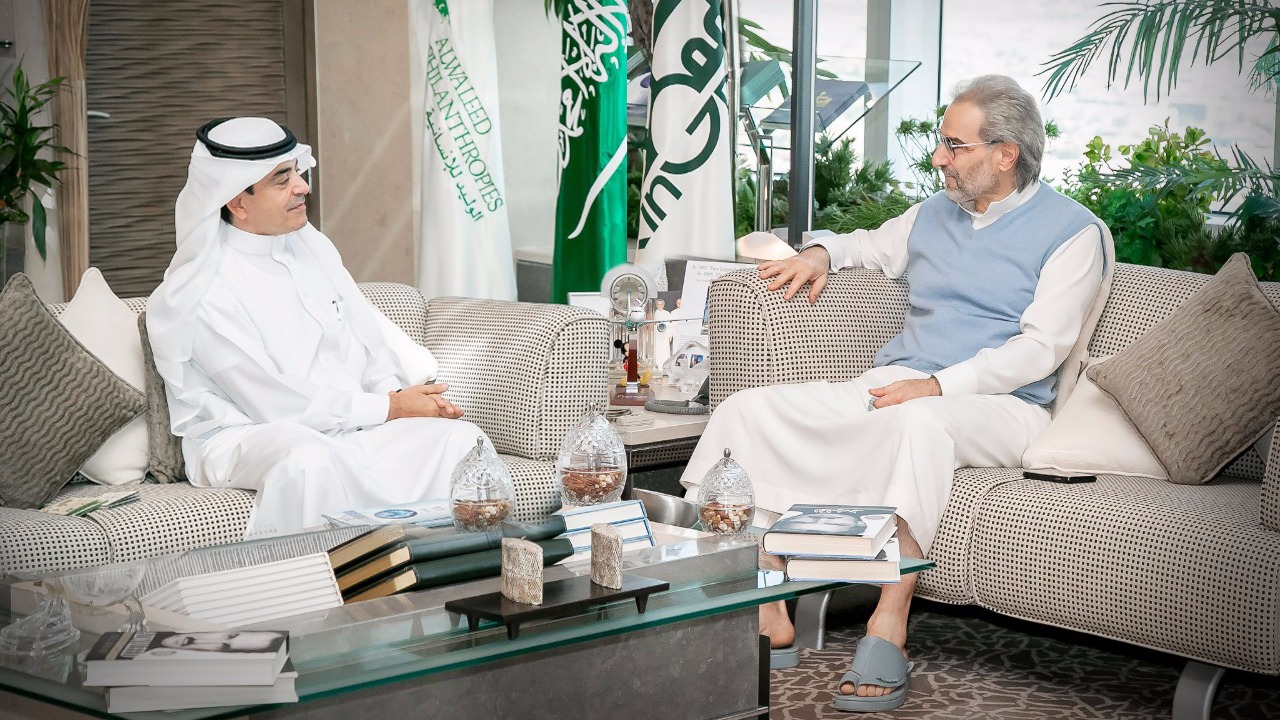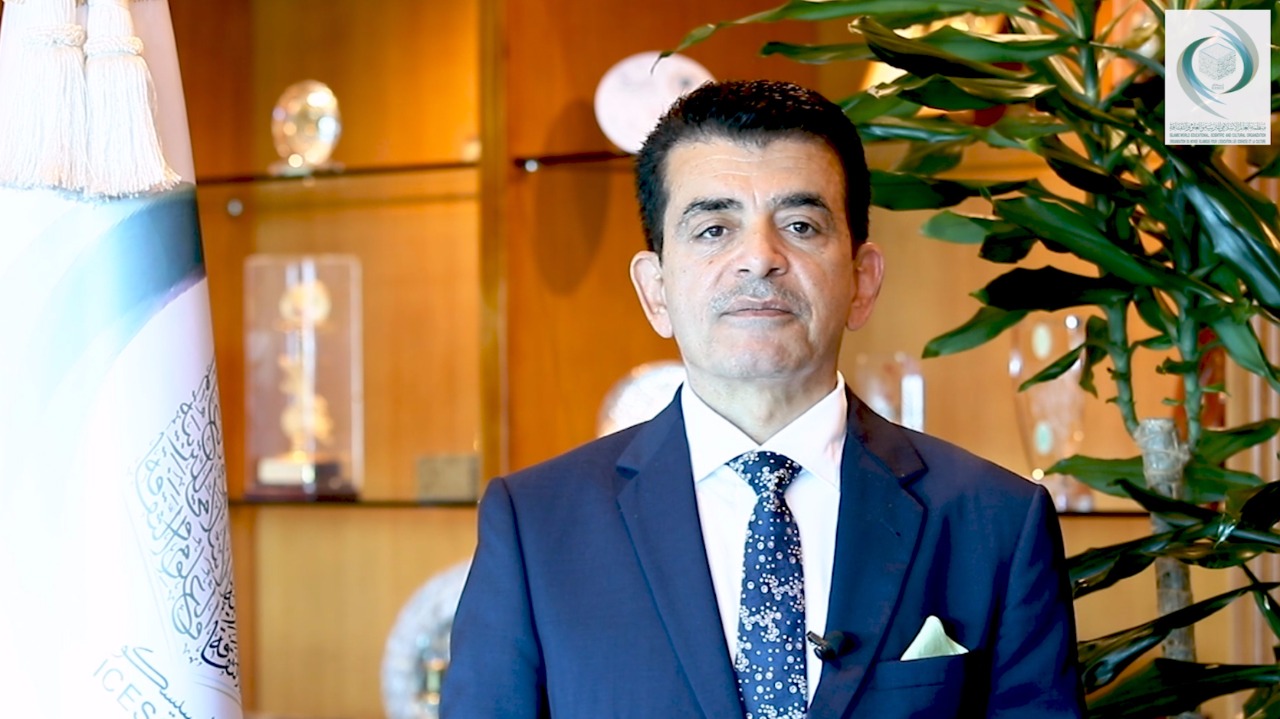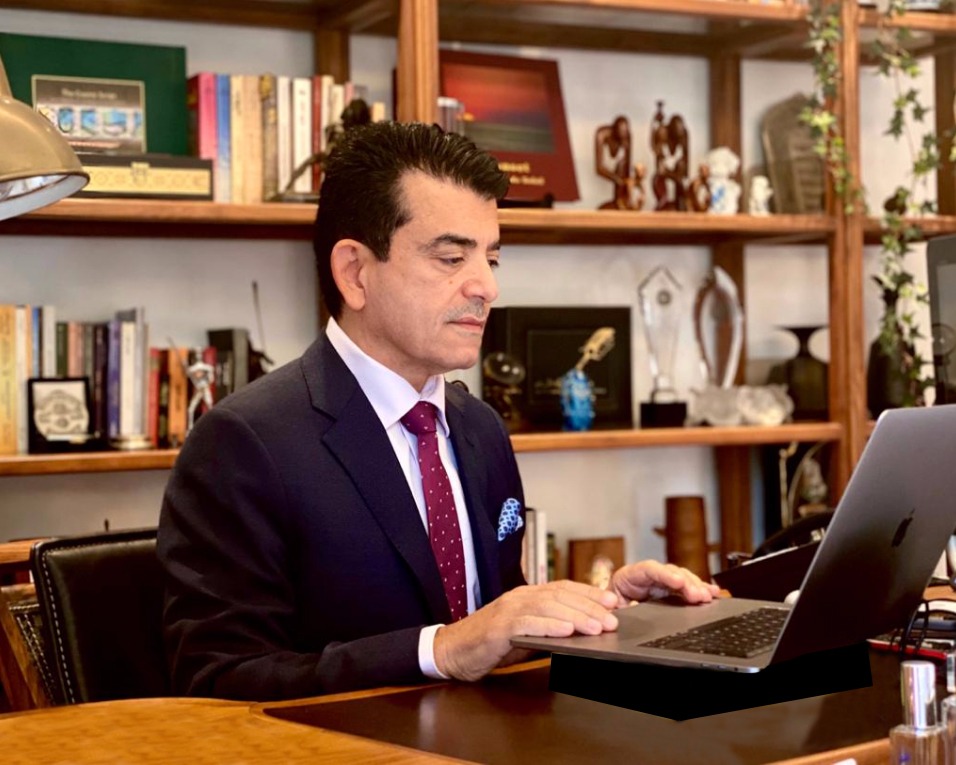Dr. Salim M. AlMalik, Director-General (DG) of the Islamic World Educational, Scientific, and Cultural Organization, received yesterday, at the headquarters of the Organization in Rabat, Mr. Guillaume Schörer, Ambassador of Switzerland to Morocco. The officials examined the means of developing cooperation between the two parties in the fields of education, science, and culture.
During the meeting, Dr. AlMalik reviewed ICESCO’s new vision and strategy that adopt an inclusive approach at the service of Member States’ citizens and Muslim communities around the world. He noted that the Organization developed a new Charter for the Observer States, which allows them to participate in all ICESCO’s meetings, activities, and programs. Dr. AlMalik then invited Switzerland to join the Organization as an observer.
The DG stated that COVID-19 demonstrated the pressing need for world cooperation and solidarity, resulting in ICESCO’s increased openness to international organizations and bodies, and established partnerships with a set of donors. The goal is to support multiple countries to face the negative repercussions of this pandemic and contribute to the continuity of the distance education process.
ICESCO also provided humanitarian aid, equipment, and prevention material against the new coronavirus. The Organization granted financial and technical support in setting up best-cost disinfectant production units in several countries, in addition to training the workforce in these countries to manufacture the products.
The DG also referred to ICESCO’s main initiatives during the pandemic, the major international virtual conferences, and online forums, which witnessed high-level participation.
The organization also created centers specialized in strategic foresight, artificial intelligence, Arabic language for non-Arabic speakers, dialogue, and cultural diversity and heritage. The aim is to explore the future of the countries of the Islamic world and the changes to come, on scientific bases and in-depth studies, as well as to consolidate the spirit of peaceful coexistence and preserve the cultural heritage of these countries.
The Ambassador of Switzerland appreciated ICESCO’s distinguished work in the fields of education, science, and culture. He underlined his country’s willingness to cooperate with the Organization in the three fields, and that he would contact authorities in Switzerland to study the country’s membership to ICESCO as an observer


